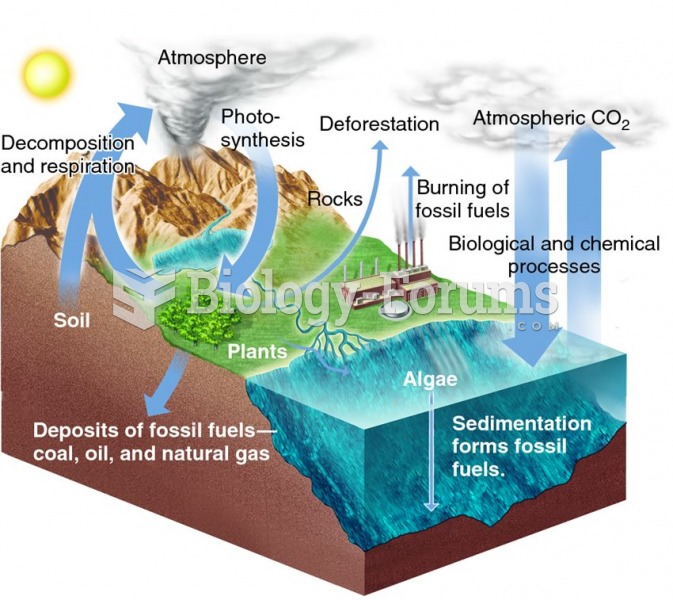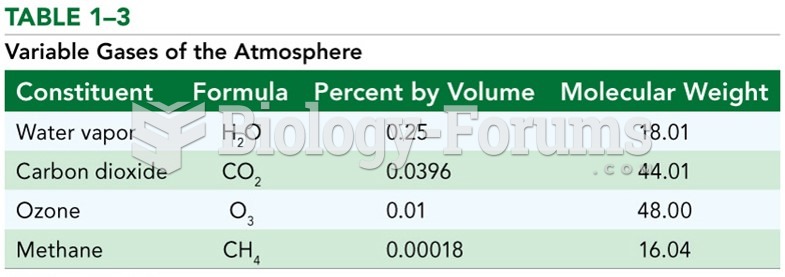|
|
|
Did you know?
Asthma cases in Americans are about 75% higher today than they were in 1980.
Did you know?
Approximately one in four people diagnosed with diabetes will develop foot problems. Of these, about one-third will require lower extremity amputation.
Did you know?
It is difficult to obtain enough calcium without consuming milk or other dairy foods.
Did you know?
In 1844, Charles Goodyear obtained the first patent for a rubber condom.
Did you know?
The most common treatment options for addiction include psychotherapy, support groups, and individual counseling.






